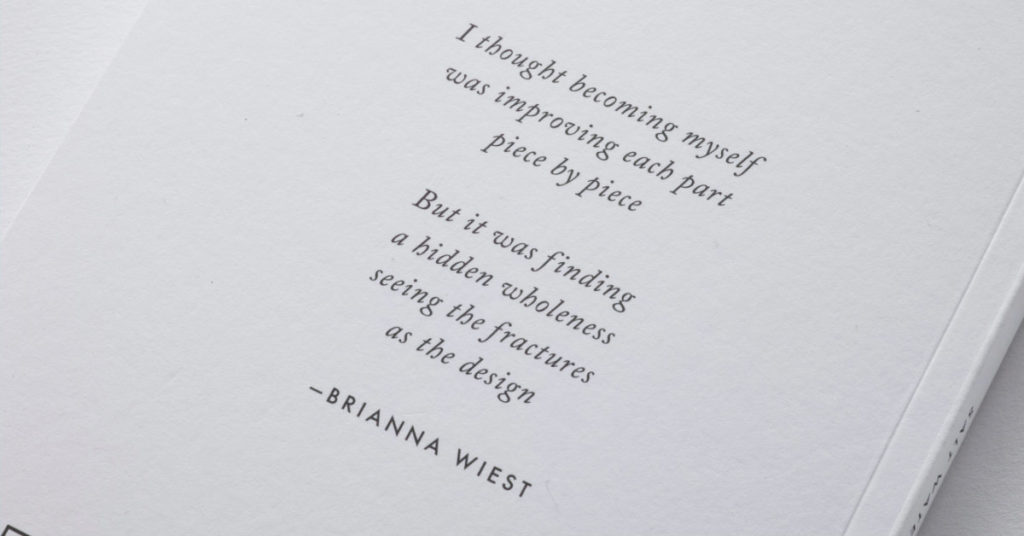01 Apr

Writing is an art form that we use to express emotions and convey messages. There are many types of writing, and they can vary from writer to writer. But, there are times that a piece of writing requires a specific style other than the author’s own.
As writers, learning these different types of writing helps us create the most suitable content. We can then tailor our writing to accommodate a specific audience and purpose. For businesses, we need to understand why certain writing types are not advisable for use. Here are the writing types that smart companies avoid using:
Poetry
Poetry is a literary work that uses artistic writing to express emotions or ideas. It often uses lines or stanzas of words to refer to something beautiful, tragic, or magical. Metaphor, irony, and imagery are standard components of a piece of poetry.
This is the type of writing that allows run-on and stopped lines, but not poor sentence structure. Nevertheless, you rarely see business websites with poetry in them. Studies suggest that poetry can be of value to a business, but many entrepreneurs aren’t buying it.
Scientific Writing

Scientific writing is the form of writing that scientists use to communicate scientific information to other scientists. When writing for business, we always look at who our audience is to create content that resonates with them. With this type of writing, the primary target is scientists.
Scientific writing discusses subject-specific topics and isn’t focused on providing general explanations. This is the reason you can’t find this writing type in e-commerce and other business websites. Content marketing or novel writing won’t be as effective if you use this writing type.
Technical Writing
Most people aren’t familiar with what technical writing is because we don’t get to read it often. This is the type of writing that explains processes, products, or services. We can see this on product manuals, case studies, or instructional materials.
Those in the manufacturing, engineering, finance, or IT industries can appreciate this type of writing. You can find technical writing on some websites that are from related fields. However, businesses such as retail stores won’t have much use for this writing type.
Novel Writing
Writing a novel falls under the narrative category of writing styles. A novel is usually a fictional narrative describing a human experience using a literary prose style. Its main intention is to tell a story and to entertain the readers.
A novel is generally a description of a character in a setting with a conflict. When writing a book, there are more important things than just using the right grammar. Sentence structure, weight, and clarity are of utmost significance. Also, very few, if any at all, businesses use it for their websites or marketing content. Like poetry, it has no relevance in businesses unless you’re writing a novel about business.
Academic Writing

Among the different types of writing, academic writing is probably what we’ll never see in content marketing. It is the writing style that researchers and academics use when writing their papers. Additionally, it has its set of rules and is aimed at making the reader understand a particular subject matter.
It involves focus and planning, provides evidence, and uses structured sentences in a formal tone and style. Entrepreneurs don’t need to understand this writing type, as it has no place in business content writing.
Creative Writing
Simply put, creative writing is the art of making things up. The exact opposite of academic writing, this writing type features imagination and invention. Whether poetry or novellas, writers use this to express feelings, thoughts, and emotions.
While being creative in your blog posts or web content is essential, this is totally different from creative writing. For businesses, the primary purpose of writing is to persuade readers into believing a thought or taking action. Creative writing calls for coming up with stories rather than relaying information.
Screenwriting
Screenwriting is the art of writing for films, television, or plays. Scriptwriters’ tasks involve creating believable lines, characters, and scenes for the viewers’ entertainment. Content marketing, which uses videos, can make use of this type of writing. However, not many businesses do.
The expository type of writing isn’t recommended for screenwriting as well as sentences with subordinate clauses. In screenwriting, simplicity is the key—simple sentences and paragraphs. Almost as if anything goes, even sentence fragments are encouraged.
Subjective Writing

When an author writes about his/her opinions, perspectives, thoughts, or beliefs, it is classified as subjective writing. The writer has the option of providing proof that the article is correct or valid. And most of the time, they don’t. Expressing their thoughts is first and foremost.
You can find this type of writing in journals, biographies, or the opinion section of newspapers. You can also find this on testimonials and review articles on e-commerce websites. It can provide value to any business but is very limited, hence, its rarity in marketing content.
Essay Writing
Defining what an essay is can be vague as it can be formal or informal, argumentative or descriptive, and other contrasts. Writers use this to prove their arguments, bring together their ideas, or present evidence. There are essays about business, but not essays on business.
Typically, essays are shorter than academic or technical writing but can be too long for use on blogs and websites. Besides, longer content is not preferred for businesses when you consider attention span. In today’s technology, the material has to be short to reach their audience as attention spans get shorter each day.
Final Thoughts
Indeed, you rarely see these different writing styles on business websites and content strategies, but it helps to know what they are. There are no hard and fast rules on what you can and cannot write for your business as long as it works. As writers, educating ourselves is a never-ending process, especially if we write for clients that have diverse needs. Understanding what works and what won’t will surely help us grow further.
Leave a Comment
You must be logged in to post a comment.










